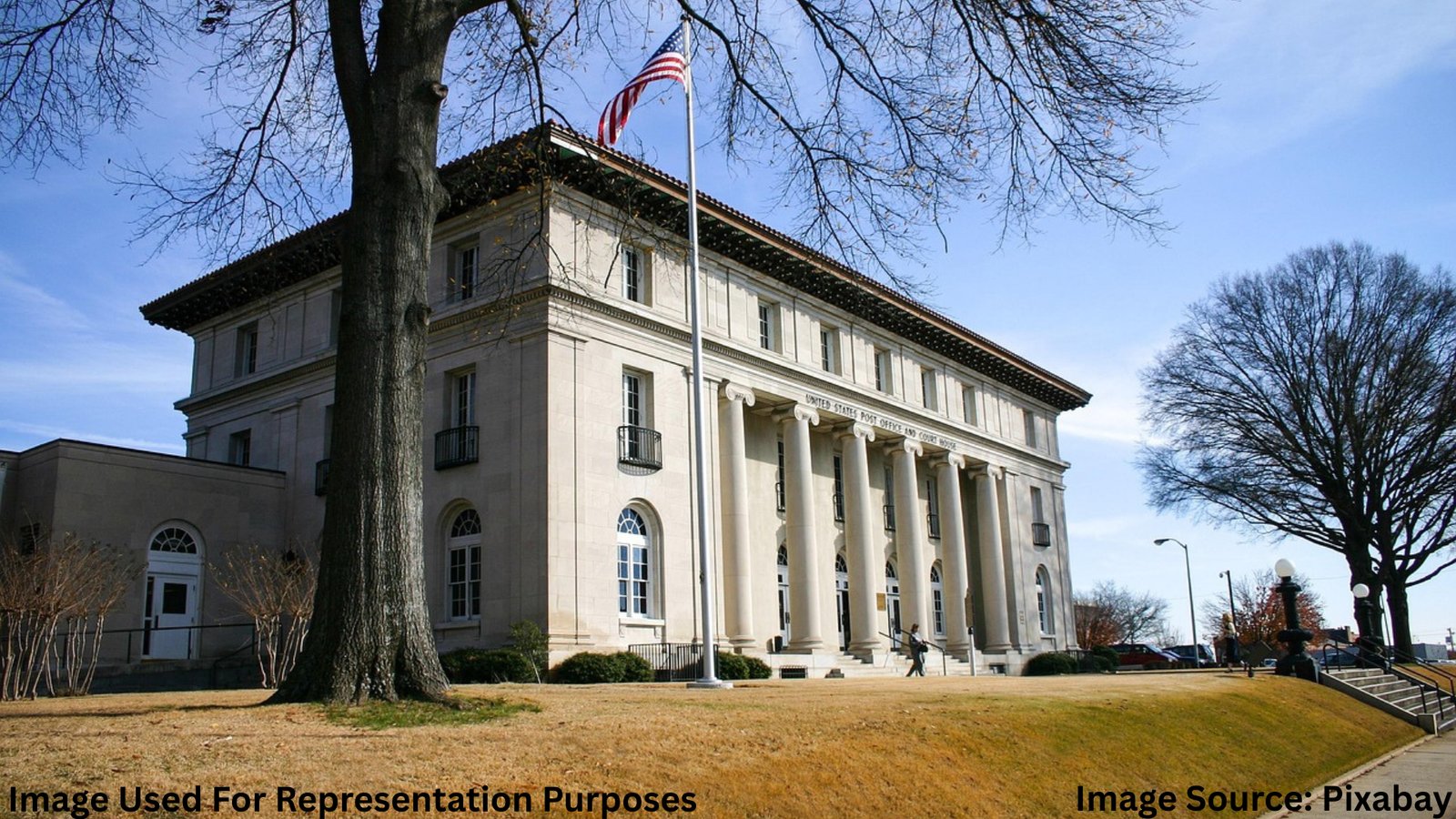
Federal Reserve Official Resigns, Opening Door for Trump Appointment
The announcement that a Federal Reserve official resigns has sent shockwaves through Washington, Wall Street, and the global financial community. This departure, occurring before the end of the official’s term, creates a rare opportunity for Donald Trump to influence the direction of U.S. monetary policy. Leadership changes at the Fed are never taken lightly—especially when they happen unexpectedly—and the political and economic implications could be significant.
Why the Federal Reserve Official’s Resignation Matters
The Federal Reserve plays a crucial role in shaping America’s economic future. From interest rates to inflation control, its decisions impact everything from the price of groceries to the availability of home loans. A change in the Fed’s leadership can shift the balance of policy-making, potentially altering the trajectory of the economy for years to come. With Trump having the ability to make this new appointment, both political and economic analysts are watching closely.
Trump’s Potential Influence on the Fed
During his presidency, Trump often pushed for lower interest rates to stimulate economic growth. While this approach found favor among some investors and business leaders, it also sparked concerns about potential inflationary pressures. With the chance to appoint a new Federal Reserve official now, Trump may select someone aligned with his pro-growth, low-rate stance, which could lead to a more aggressive approach to monetary policy.
Historical Context of Political Appointments to the Fed
Presidents have long used their appointment powers to influence the Federal Reserve’s policy direction. Ronald Reagan favored appointees supportive of deregulation, while Barack Obama leaned toward cautious, stability-focused choices in the wake of the 2008 financial crisis. Trump’s previous appointments reflected his desire for rapid economic expansion, even if it meant challenging the Fed’s traditional cautiousness. This new appointment could follow a similar pattern.
Market Response to the News
Financial markets are highly sensitive to changes in Fed leadership. Since the resignation was announced, stock markets have shown slight gains, perhaps reflecting optimism about potential pro-growth policies. Bond markets, however, have been more mixed, as investors weigh the possibility of inflation against the benefits of cheaper borrowing costs.
Personal Perspective: Experiencing the Effects of Fed Policy
I still remember the impact of lower interest rates on my first home purchase. A small reduction in rates saved me thousands over the life of my mortgage. On the other hand, I’ve also seen how inflation can eat away at those savings when prices for basic goods rise quickly. This balance—between growth and stability—is exactly what the Fed tries to manage, and why leadership changes matter so much.
The Senate Confirmation Battle Ahead
Trump’s appointment won’t automatically take the seat; the nominee will need Senate confirmation. This process can be politically charged, particularly if the candidate is perceived as being too aligned with one party’s ideology. In today’s polarized political environment, confirmation hearings could become a battleground over the future of monetary policy.
Independence vs. Political Influence
The Federal Reserve is designed to operate independently of short-term political pressures, but its leadership is appointed through political processes. This creates an ongoing tension between maintaining independence and reflecting the priorities of elected leaders. Some economists worry that increased political influence could undermine the Fed’s ability to make difficult but necessary decisions.
Potential Candidates for the Role
Although no official list has been released, speculation has already begun. Possible candidates include former economic advisors, prominent figures from Wall Street, and academics who have expressed skepticism about restrictive monetary policy. The choice will signal how aggressively Trump intends to shape the Fed’s future.
Impact on Everyday Americans
While the news may seem far removed from daily life, changes at the Fed ripple through the economy quickly. Lower interest rates could mean cheaper credit for homes, cars, and businesses, potentially boosting economic activity. However, the downside could be rising prices for essentials, squeezing household budgets.
Global Implications of the Appointment
The U.S. dollar’s strength, international investment flows, and global trade dynamics can all be influenced by the Fed’s policies. A shift toward looser monetary policy could weaken the dollar slightly, making U.S. exports more competitive but raising import costs. This global ripple effect makes the appointment significant far beyond U.S. borders.
Long-Term Consequences
This is more than a short-term political win for Trump—it could influence the Fed’s direction for a decade or more. Appointees serve long terms, and their decisions can shape economic conditions well after the appointing president leaves office. This means the upcoming choice will likely be remembered as a defining moment for both Trump’s economic legacy and the Federal Reserve’s trajectory.
Final Thoughts
The resignation of a Federal Reserve official is a significant event in itself, but the added dimension of a Trump appointment raises the stakes considerably. Whether the new appointee pursues aggressive growth policies or adopts a more measured approach will have lasting consequences for the U.S. economy. For now, all eyes remain on who Trump will choose—and how the Senate will respond.

Akalumhe Jefferson is a content writer with a new found interest for crafting engaging stories that transport readers to new worlds. Although no current actual background in creative writing but there’s active love for writing



